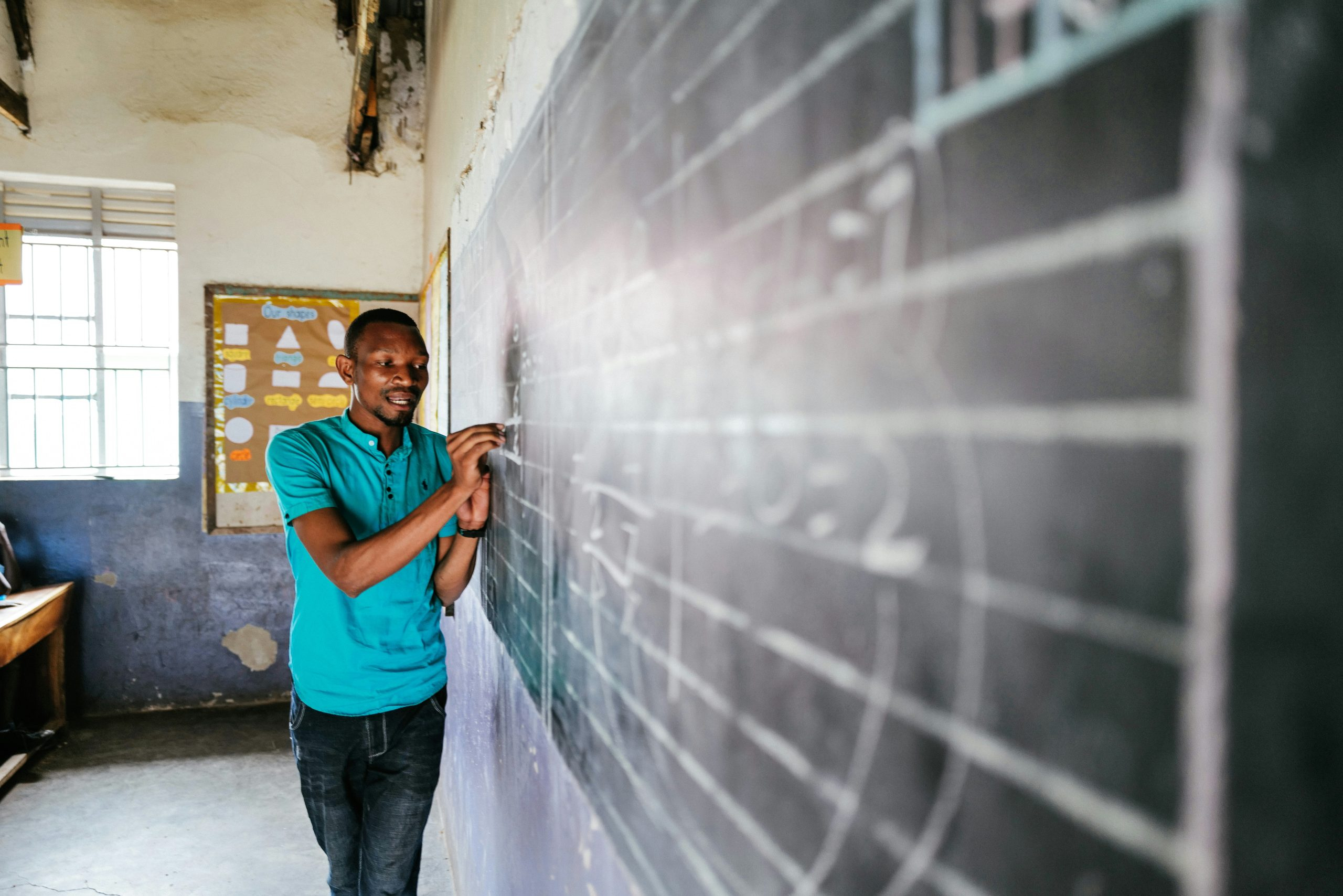Revolutionizing digital classrooms through lifelong learning
The world of education has seen a significant shift towards digital classrooms in recent years. With the advancement of technology, traditional methods of teaching and learning are being replaced by more interactive and engaging methods. But what about the idea of lifelong learning? How can digital classrooms revolutionize the concept of lifelong learning? In this article, we will explore the ways in which digital classrooms are transforming education and empowering individuals to continue learning throughout their lives.
The Rise of Digital Classrooms
The need for digital classrooms became more evident during the COVID-19 pandemic, when schools and universities had to shut down, and education had to continue remotely. This sudden shift highlighted the importance of technology in education and paved the way for digital classrooms to become the new normal. But even before the pandemic, digital classrooms had been gaining popularity due to their numerous benefits.
Enhanced Flexibility and Accessibility
A traditional classroom requires students to be physically present at a specific time and place, which can be challenging for working professionals, parents, and individuals with disabilities. On the other hand, digital classrooms offer flexibility in terms of time and location. Students can access the course material and lectures at their convenience, making it easier for them to balance work, family, and education.
Interactive Learning Experience
One of the biggest advantages of digital classrooms is the use of multimedia tools to enhance the learning experience. Instead of relying solely on textbooks and lectures, students can engage in interactive visuals, simulations, and virtual field trips, making the learning process more engaging and effective. These tools also cater to different learning styles, ensuring that all students can grasp the concepts being taught.
The Power of Lifelong Learning
Lifelong learning is the concept of continuously seeking knowledge and skills throughout one’s life, even after formal education is complete. With the digital era, the need for lifelong learning has become more prevalent. The job market is ever-evolving, and individuals need to continuously update their skills to stay relevant. This is where digital classrooms play a crucial role.
Breaking Barriers to Learning
One of the biggest challenges of lifelong learning is accessibility. Traditional methods of learning, such as attending classes or workshops, can be expensive and time-consuming. Digital classrooms, on the other hand, are accessible to anyone with an internet connection, breaking the barriers of location, time, and cost. This allows individuals from all backgrounds and walks of life to continue their education without any limitations.
Customized Learning Experience
Another advantage of digital classrooms for lifelong learning is the ability to personalize the learning experience. With the use of analytics and data, digital classrooms can assess the strengths and weaknesses of each student and provide personalized learning paths. This allows individuals to focus on areas they need to improve, making the learning process more efficient and effective.
The Future of Digital Classrooms and Lifelong Learning
The digital classroom revolution is just getting started, and the potential for lifelong learning is immense. As technology continues to advance, we can expect to see more innovative tools and methods in digital classrooms. Virtual reality, artificial intelligence, and gamification are just a few examples of what the future holds for education.
Furthermore, with the rise of remote work and the gig economy, the demand for continuous learning will only increase. Digital classrooms provide a convenient and effective way for individuals to upskill and stay competitive in their respective industries.
Conclusion
The combination of digital classrooms and lifelong learning has the power to transform the education landscape. With enhanced flexibility, accessibility, and personalized learning, individuals can continue to learn and grow throughout their lives. The future is digital, and with the right tools and mindset, we can embrace it and revolutionize the way we learn.










